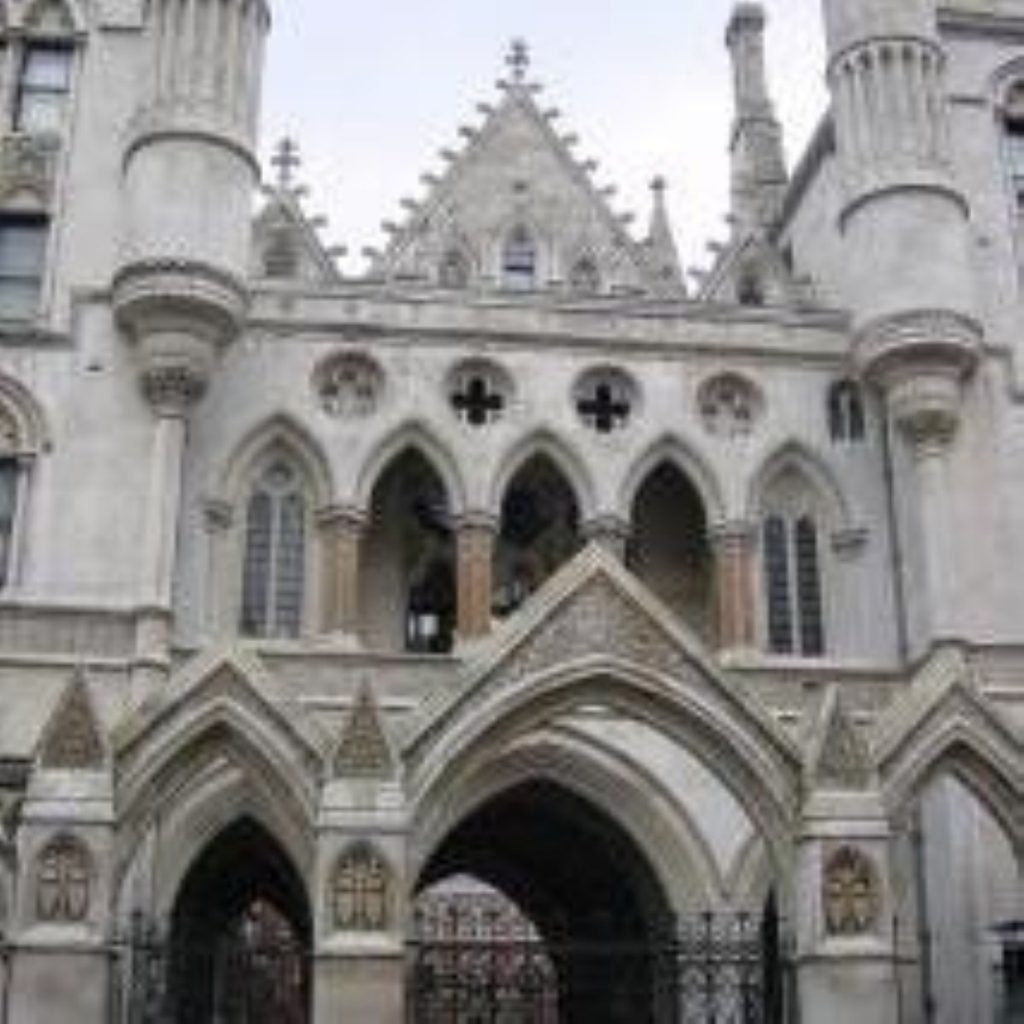Supreme Court consultation launched
The Government has announced that a new Supreme Court is to be consulted on, ahead of possible implementation under new constitutional arrangements.
Lord Falconer of Thoroton, the Secretary of State for Constitutional Affairs, announced a consultation on new details of how such an institution should work, and how appointments would be made.
The role of the Law Lords in the House of Lords may be changed forever, as they will lose voting and sitting rights while serving as the first members of the new Supreme Court. Lord Falconer suggested that this would put the relationship between the judiciary and Parliament on a modern footing.
The Supreme Court will be the highest court in the land and will take the position of the appellate committee of the House of Lords. It will continue to hold no authority over Parliament, and will thus not be empowered to block legislation.


Despite this constitutional limit, the court would be given a role in the process of devolved Government, particularly where there is dispute between national and devolved powers. This is likely to justify the proposal that devolved Governments have a say on appointments, which has been welcomed by Scottish First Minister Jack McConnell.
Appointments of judges would involve the recommendations of an independent ‘Judicial Appointments Commission’. This means that appointments will no longer be in the hands of a government minister, a situation that has been criticised for undermining independence of the judiciary.
The committee will include several laymen, and may be headed by one. These will be joined by legal professionals, and it is hoped that this may open up opportunities to women and members of ethnic minorities, both of which are underrepresented at the bench.
The consultation will also look at wider issues facing the judiciary, including the possible abolition of the title QC, which has been criticised for limiting free competition between legal professionals.
Criticism of how the proposals were first put to the public have dominated this issue so far, though the issuing of this significant constitution should move the debate on this change towards that of its merits and risks.

